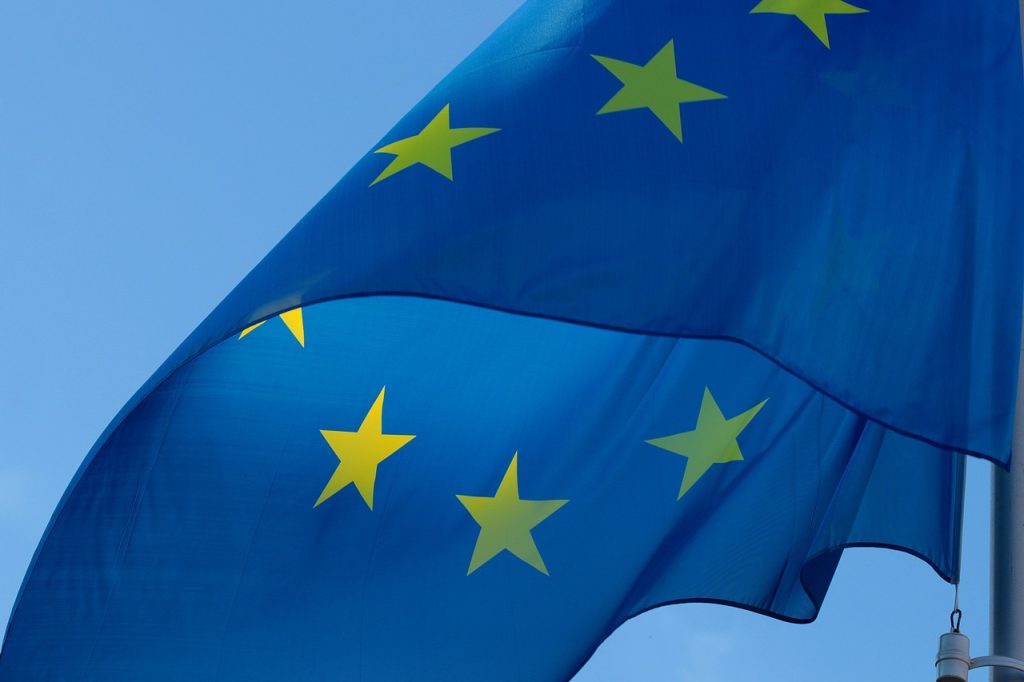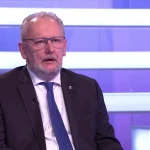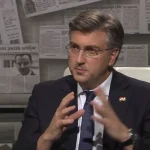The Portuguese presidency and Commissioner Ylva Johansson informed the Council that Croatia had successfully completed the Schengen evaluation procedure which began in June 2015 and ended in May 2019, the ministry said in a press release.
In the most comprehensive evaluation of preparedness for membership of the Schengen area, Croatia met 281 recommendations in eight Schengen acquis areas, including 145 pertaining to external border control.
Early in February, the Council confirmed that Croatia had met all the recommendations in that, the most demanding evaluation area, the ministry said, adding that in the past two weeks bilateral meetings were held with four member states which were unsure if Croatia had indeed met all the membership requirements.
On 2 March, Interior Minister Davor Božinović met with all the EU ambassadors accredited in Croatia at which he informed them in detail of everything Croatia had done in the past three and a half years to ensure full application of all Schengen standards.
“The ministers endorsed the report by the Portuguese presidency and Commissioner Johansson, without debate thereby confirming the completion of the Schengen evaluation procedure for Croatia,” the ministry said.
Croatia’s job and goal now is to prepare everything that is necessary for the Council of the EU to adopt a political decision on the Schengen membership, the ministry added.
Croatia evaluated as no other EU member state
“Croatia successfully passed the most comprehensive and the most detailed evaluation, like no other EU member state,” said Božinović, who attended a video conference of the Home Affairs Council.
He added that Johansson said that this was the final confirmation of Croatia’s preparedness to join the Schengen Area, while the chairman of the Council of the EU, Portuguese Interior Minister Eduardo Cabrita, supported Schengen enlargement to Croatia.
The ministry said the Council held the first debate on a draft directive on the resilience of critical subjects, which is aimed at further contributing to the implementation of EU Security Union Strategy targets.
The Portuguese presidency reported on the external dimension, border protection and solidarity. Another priority is working on the establishment of legal migration routes to more effectively curb illegal ones.
Stronger cooperation with third countries
The European Commission presented a report on strengthening cooperation with third countries in returns and readmissions as well as a 2019 report on the evaluation of cooperation in readmission.
Božinović said Croatia saw the former report as an important step forward in dealing with the return of migrants illegally staying in the EU.
“All Commission activities to use the potential of the EU visa policy are welcome, in an effort to encourage third countries to cooperate more constructively in the readmission of their citizens, as well as the possibilities available to us in other areas, development and trade arrangements for example,” he said.
It would be useful to supplement initiatives with lists of safe third countries and safe countries of origin which would make it easier for the relevant services to swiftly make decisions on asylum or returns, Božinović added.
In concluding readmission agreements, priority should be given to countries of origin, the ministry said, adding that Božinović also pointed to the problem of transit countries.
Croatia supported strengthening cooperation with North African states in all areas that can contribute to strengthening stability in Africa, which would then facilitate dealing with the root causes of migrations towards the EU, the ministry said.
For more about politics in Croatia, follow TCN’s dedicated page.











